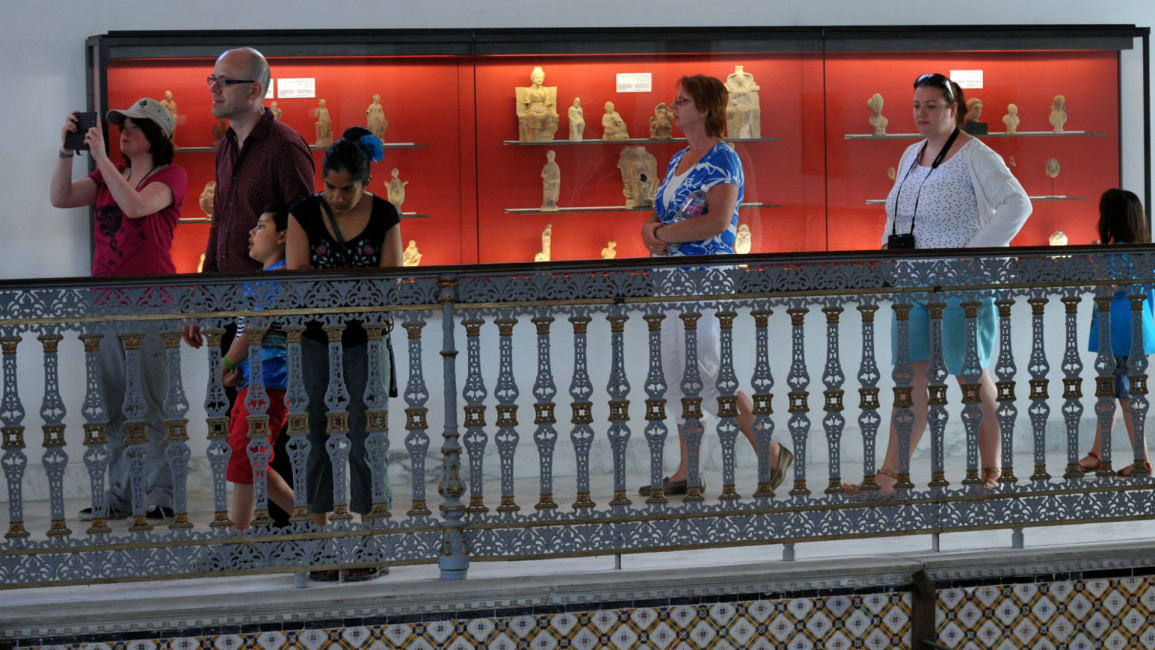International tourist firms return to Tunisia
International travel agencies have resumed trips to Tunisia after the deadly attack on tourists in March.
Trips were suspended after 20 tourists were killed in a terrorist attack on the Bardo Museum in the capital Tunis.
The attack dealt a severe blow to Tunisia's tourism sector, which accounts for roughly seven percent of the country's GDP.
MSC Cruises, a Geneva-based global cruise company, announced it was resuming cruises to the Tunisian port of La Goulette in early July. The company cancelled all trips to Tunisia after its lost 12 guests in the museum attack.
| The Tunisian tourism sector accounts for roughly 7 percent of the country's GDP. |
"Sadly, the murderous actions of the people behind this devastating attack will have far-reaching and profoundly damaging effects on democratic Tunisia and its faltering economy," MSC Cruises CEO Pierfrancesco Vago said in a statement after the attack.
"Tunisia can little afford to be considered a no-go zone at this time, but regrettably that is how tourists will now see it," he added.
TUI Group, a multinational travel and tourism company headquartered in Germany, has increased its hotel and flight capacity in Tunisia for the 2015 summer season.
Radhouane ben Salah, president of the Tunisian Hotel Federation said this reflected efforts by the tourism ministry to boost toursim after the deadly Bardo attack.
The Tunisian government has also carried out extensive security campaigns to secure tourist routes and hotels.
On Tuesday, Salma Rekik, the Tunisian minister of tourism said reviving the country's tourism sector was a top priority for the government. "The Ministry will support all initiatives aimed at supporting the Tunisian tourism sector,” she added.
Saif al-Shalali, a spokesperson for the ministry of tourism told al-Araby al-Jadeed increasing numbers of tourists were visiting the country.
Shortly after the museum attack, Secretary General of the UN World Tourism Organisation Taleb Rifai took part in a march through Tunis. He met with Tunisian President Beji Caid Essebsi and Prime Minister Habib Essid to discuss the ways tourism contributes to the country's socio-economic development.
"Tourism employs 400,000 people in Tunisia and is a key economic driver. I trust tourism will make a swift recovery and the sector will play a key role in the future of the country," Rifai said.
However, ben Salah told al-Araby al-Jadeed it was a positive sign that international cruises were returning to Tunisia, this year's summer season is already a failure, and the tourism sector has many challenges to face.



